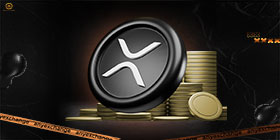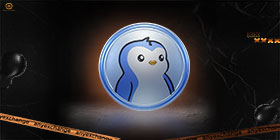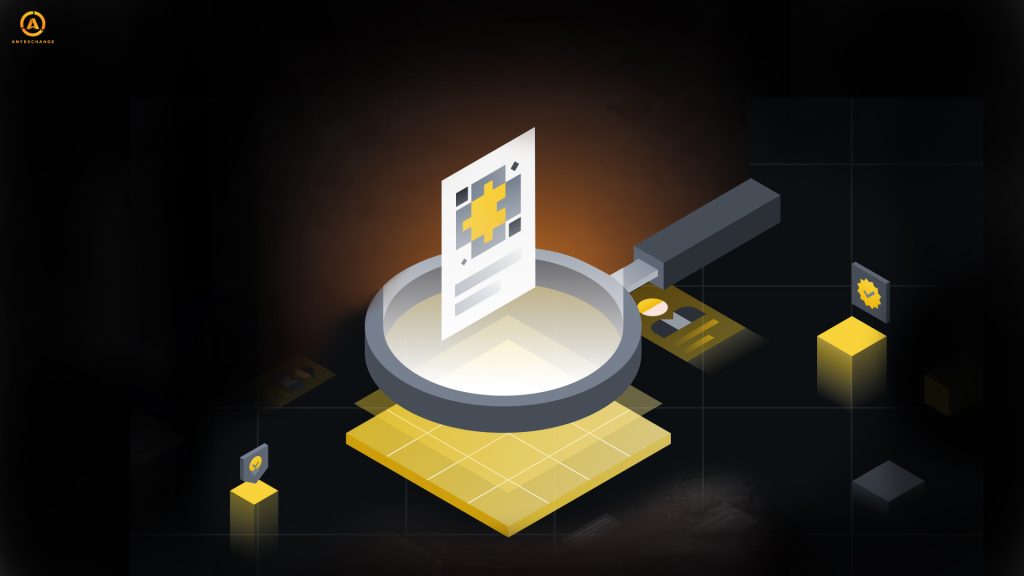
Transparency is an undeniable advantage of blockchain technology. Decentralized ledger systems record data in detail, guarantee its immutability, and make reliable transaction information available to ecosystem participants. However, as the technology evolves, the amount of personal information stored on the blockchain is growing, and questions about the need to balance openness with anonymity and privacy requirements are increasingly being raised. Companies and individuals prefer to have mechanisms in place to limit the public availability of confidential and private information on the blockchain when dealing with financial, legal and commercial matters.
How can we retain all the transparency benefits of decentralized technologies while ensuring blockchain privacy?
Zero-Knowledge Proof (ZKP) is exactly the tool that is increasingly being used in public blockchains to change the way personal data is managed and shared. ZKP technology in blockchain is represented by cryptographic protocols that allow you to confirm the truth of information without disclosing it.
In this article, you will learn how Zero-Knowledge Proof technology works, the principles on which it is based, and exactly how this innovation in cryptography is applied in modern decentralized systems.
What is Zero-Knowledge Proof (ZKP)
Zero-Knowledge Proof is a technology based on mathematical and cryptographic algorithms that allows you to prove the existence of certain data or the need to satisfy certain conditions without revealing them. Essentially, it is a protocol that allows one party (the prover) to confirm the truth of a claim to another party (the verifier) without providing any other information about that claim. In other words, this method allows proving knowledge of data without disclosing it. At the same time, neither the first nor the second party can use the proof to recover and verify the original information.
The concept was developed and presented by scientists Shafi Goldwasser, Silvio Micali and Charles Rakoff of the Massachusetts Institute of Technology in 1985. In their research paper “Proof Complexity in Interactive Systems,” the researchers first used the definition of zero-knowledge proof. Based on this concept they began to develop ZKP protocols, which find their application in modern decentralized systems. One of the first, and most famous, is the Fiat-Shamir protocol, created in 1986 by Israeli scientists Amos Fiat and Adi Shamir. Its basic idea is that a hash function is publicly available and reversible, but it is practically impossible to revert from the hash value to its original value. Its functionality is based on the difficulty of extracting the square root modulo a sufficiently large composite number n whose factorization is unknown. A combination of hashing and pseudorandom numbers is used to generate the proof.
The proof process was carried out in 4 steps, which were used as a basis for subsequent developments in Zero-Knowledge technologies:
- Initiation. The verifier who needs a proof sends a challenge in the form of a random number to the proving party (prover).
- Generation. The prover, in response to the challenge from the verifier, generates the proof by applying a hash function to the combination of the challenge and the secret value, and obtaining a pseudo-random number as a result.
- Reply. The prover sends the resulting number back to the verifier as a response.
- Verification. The verifier checks the proof by applying the same hash function to the combination of the challenge and the received response. If the result matches, the proof is accepted.
Initially, the Fiat-Shamir protocol was widely used in authentication systems and electronic money exchanges. Later, the technology was adapted for use in blockchain protocols.
Current application of Zero-Knowledge Proof in blockchain and cryptocurrencies
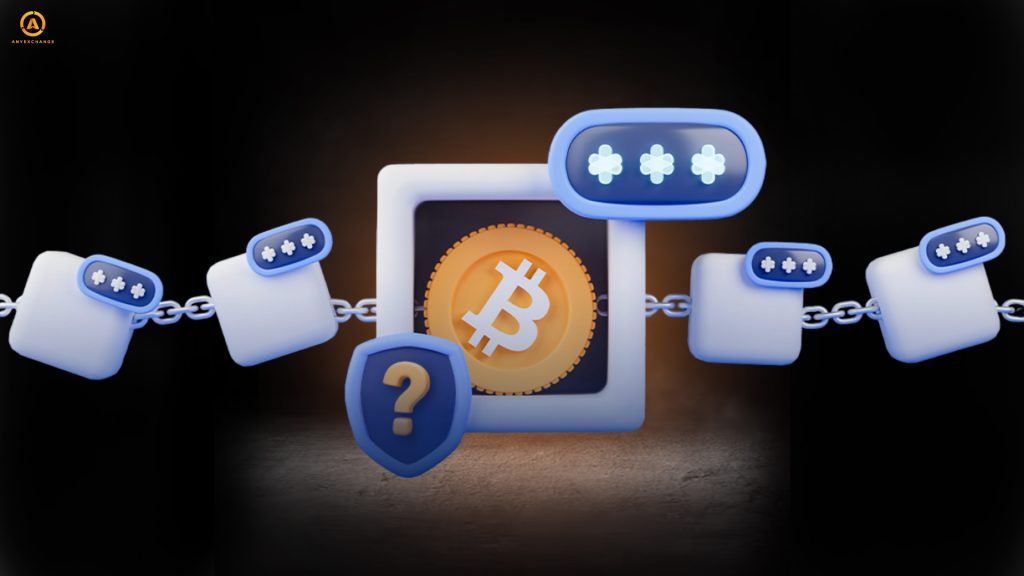
Personal Identification
ZKP for personal identification allows users to maintain their anonymity. With zero-knowledge proof method, identity verification will be performed without revealing sensitive personal information. ZKP can act as a mechanism to provide data and user verification, privileged access capabilities, and trusted connections.
Anonymity in cryptocurrencies
Anonymous cryptocurrencies are digital assets with additional features that enhance privacy and anonymity. Confirming a transaction without revealing any information about those making the transaction is not an easy task, and requires the use of specialized tools. The concept of Zero-Knowledge Proof is exactly one of the privacy enhancing methods in crypto used to increase the privacy of anonymous coins.
For example, Zcash is an anonymous cryptocurrency that uses zero-disclosure proof-of-stake to enhance privacy. In transactions with it, the amounts and the sender and recipient addresses are hidden from the public blockchain.
Confidential payments in DeFi
For example, a decentralized application (DApp) from Manta Network (MantaPay) uses Zero-Knowledge Proof and offers private transactions. Users are able to transact on exchanges (DEX) without revealing their identity or transaction details.
Ownership verification for real asset tokenization
When tokenizing assets using ZKP, the owner of the asset (real estate, artwork, etc.) can prove ownership of the asset to a second party without disclosing any other information to the public.
Regulatory compliance
Zero-Knowledge Proof can be used to transmit information to regulators in a confidential manner as part of government regulatory requirements.
Key developments
zk-SNARK
zk-SNARK (Zero-Knowledge Succinct Non-interactive ARgument of Knowledge), is one of the key advances in ZKP. zk-SNARK is widely used in DeFi applications to ensure transaction privacy, especially in lending/borrowing or hidden-value trading. This type of Zero-Knowledge Proof requires a trust setting between the verifier and the verified.
It is the zk-SNARK arguments that are used in the Zcash application to ensure transaction privacy and anonymity.
zk-STARK
zk-STARK — Zero-Knowledge Scalable Transparent ARguments of Knowledge — is gaining traction and is considered more efficient and secure than zk-SNARK. This type of proof does not require a trusted setup, and applies other principles, making the verification process much faster and cheaper. In addition, zk-STARK outperforms zk-SNARK in terms of resistance to quantum threats.
The main advantage of zk-STARK is that it moves the computation off-chain, with proofs generated by autonomous services that validate their integrity. This significantly reduces the load on the systеm and allows the blockchain infrastructure to scale exponentially. For these reasons, it is zk-STARK that is widely used in ZK-Rollups — solutions for the second layer of blockchains (L2).
ZK-Rollups
ZK-Rollups are a solution for scaling and improving the performance of blockchain networks by combining a large number of transactions into a single packet and generating a single cryptographic proof-of-stake for them. ZK rollups provide an ideal balance between scalability and security and are actively used by large systems where transaction execution speed is a priority.
ZKP in Ethereum
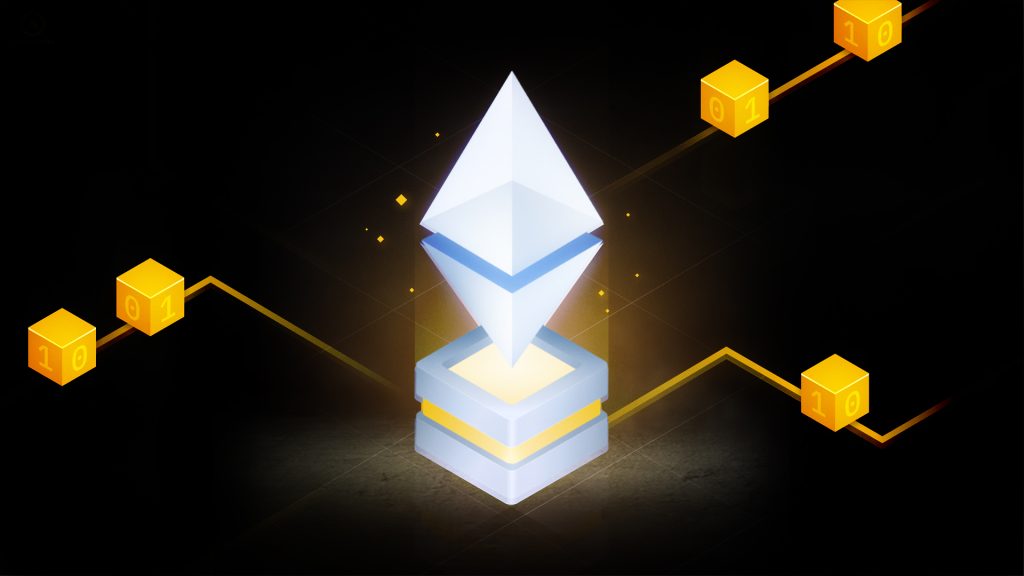
Vitalik Buterin considers ZK-rollups as one of the priority technologies to improve scaling. The Ethereum team is successfully implementing the set tasks and, according to ZKValidator, is currently the leader in terms of the rate of adoption of zero-disclosure proof-of-concept technologies in its protocols.
The first experiments with ZKP as part of the Web3 projects were also conducted on the Ethereum blockchain, as it is the leading platform for the development of smart contracts and DApps, and its flexibility allows for the programming of complex logical conditions.
Application examples
Benefits of Zero-Knowledge Proof
Disadvantages and limitations
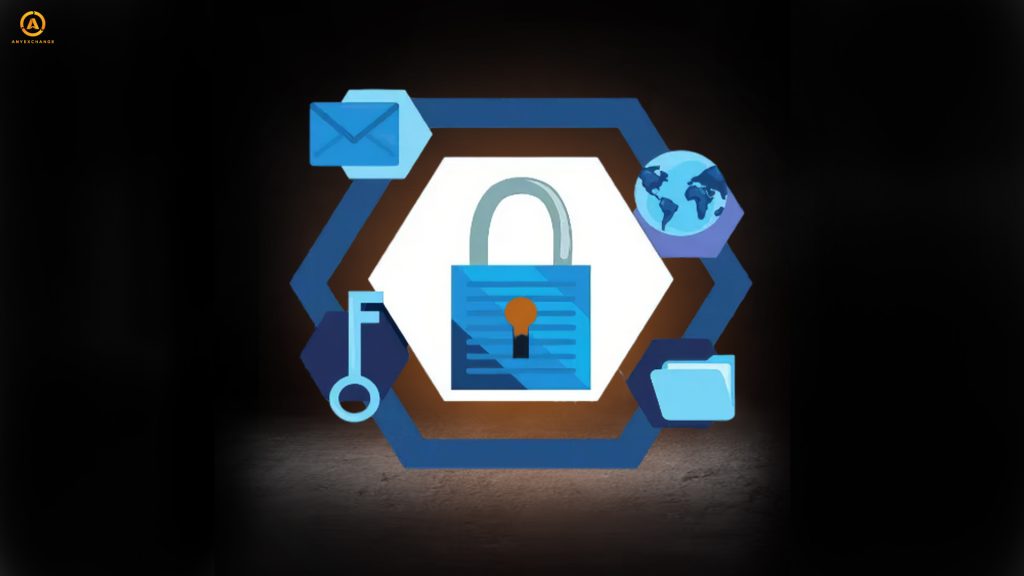
In conclusion
Zero-knowledge proofs are in a phase of intense technological development, as they perfectly address privacy and confidentiality issues, while having significant scalability potential. To summarize, ZKP has great prospects not only in decentralized technologies but also in any other areas where anonymity and privacy are required in digital interactions with information.
Thank you for your attention!
On AnyExchange website you can make a fast and anonymous cryptocurrency exchange at the most favorable exchange rate . Our exchanger works both with cash and electronic money. One of the specialties of the service is money transfers around the world.

